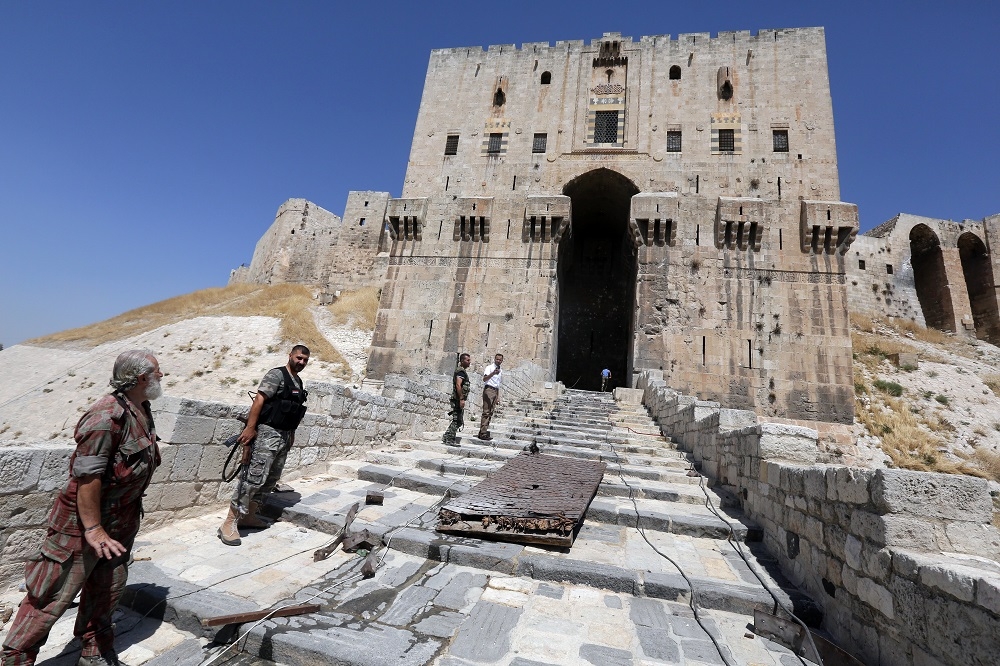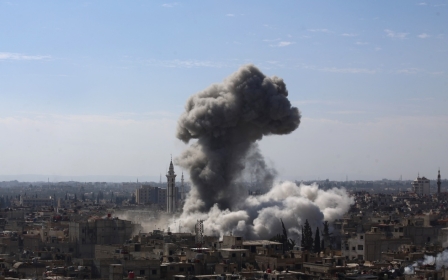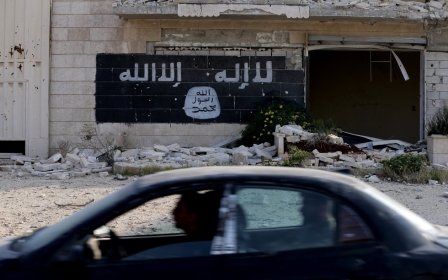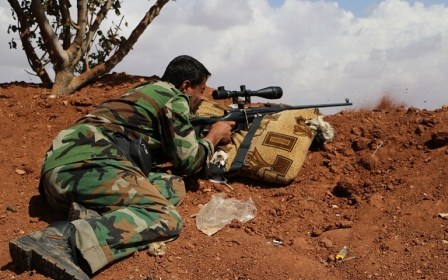Syria's Aleppo residents favour 'freeze' in fighting: Poll

Most residents in opposition-held areas of Syria's Aleppo favour the UN's proposal of a "freeze" in fighting, but are sceptical that a truce will hold, a survey published Thursday said.
The poll said 53 percent of people surveyed favoured a lull in fighting, with 38 percent saying a freeze would allow humanitarian aid to reach war-torn areas of Syria's second largest city.
Less than one in 10 respondents said a truce would expedite a political solution to Syria's conflict, however.
The poll, conducted by the Sada Centre for Research and Public Opinion and the Arab Reform Initiative, surveyed 975 people in opposition-held areas of Aleppo City.
Eighty-nine percent of respondents meanwhile said a freeze would either prove unworkable or unstable without rules binding the regime and opposition factions operating in Aleppo.
But most - 77 percent - did not have faith in the international community to be a trustworthy guarantor.
Nonetheless, because of the daily violence and shortages they face, "a wide majority seems ready to accept the truce under any circumstances," the pollsters said.
Aleppo has seen some of the country's worst violence since a major rebel offensive was launched in July 2012.
The city is now divided into regime and rebel-held areas.
According to the Arab Reform Initiative, which is close to Syria's opposition, more than 400,000 people live in rebel-held areas of Aleppo.
These areas come under daily aerial attack by the regime, despite repeated international condemnation, and many neighbourhoods have been flattened by fighting and shelling.
In October, UN Envoy, Staffan de Mistura put forward a plan to "freeze" fighting in Aleppo, which would facilitate the entry of humanitarian aid and lay the groundwork for peace talks.
On Wednesday de Mistura said he will discuss his peace efforts with the Security Council, following a visit to Syria where he met President Bashar al-Assad.
State news agency, SANA said the talks between the envoy and Syria's embattled leader were "positive and constructive".
"President Assad reaffirmed his commitment to any plan or idea that contributes to a solution to the crisis, while helping save citizens' lives and safeguarding the state's institutions," it said.
De Mistura told a press conference in Damascus that he would deliver a report on his mission before the Security Council holds a "special meeting on Syria" on 17 February.
De Mistura said: "My focus has been and is the importance of reducing the violence and conflict for the Syrian people, (and) the increase and unimpeded access of humanitarian assistance to all Syrians."
He added: "But of course the heart of my mission is to try to facilitate any political process that can lead to a political solution for a conflict that has lasted too long and that has no military solution."
Syria's war broke out in March 2011 and has since killed more than 210,000 people. Several rounds of negotiations have ended in total failure.
"I have also, as you can imagine, discussed the issue of the United Nations proposal for a freeze or reduction in the violence for the city of Aleppo," said De Mistura, adding that he could not reveal the content of his discussions with Assad.
Middle East Eye propose une couverture et une analyse indépendantes et incomparables du Moyen-Orient, de l’Afrique du Nord et d’autres régions du monde. Pour en savoir plus sur la reprise de ce contenu et les frais qui s’appliquent, veuillez remplir ce formulaire [en anglais]. Pour en savoir plus sur MEE, cliquez ici [en anglais].




